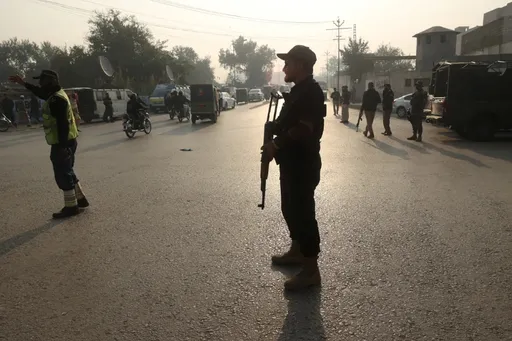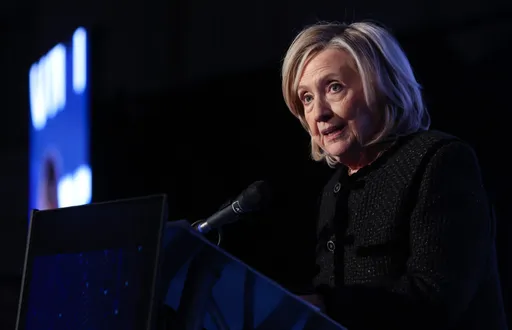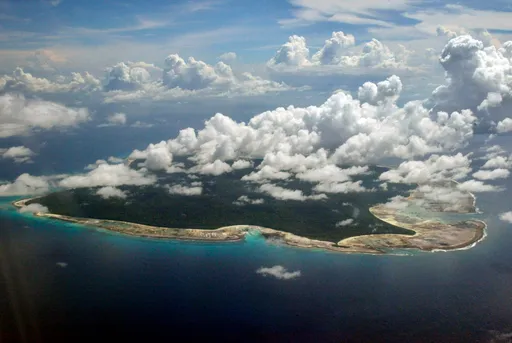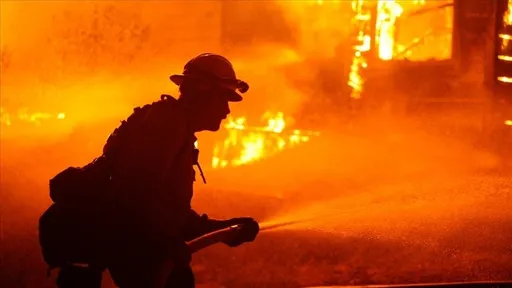As a thunderstorm brought trees down and damaged houses in Sri Lanka, the preliminary results emerged from the parliamentary elections on Thursday, placing President Gotabaya Rajapaksa’s party in a comfortable lead.
The electoral commission said results based on the final count will be released by midnight.
That Gotabaya’s Sri Lanka Podujana Peramuna (SLPP) will win the elections in Wednesday's vote is expected. What remains uncertain is whether he will be able to achieve a two-thirds parliamentary majority required to change the constitution and enhance presidential powers.
“Chances are very high for him to get those numbers. There’s no effective opposition in Sri Lanka right now,” says Dr Ajit Singh, a South Asia analyst at the New Delhi-based Institute of Conflict Management.
The main opposition United National Party is no longer able to mount a strong challenge after a breakaway faction under the banner of Samagi Jana Balawegaya went its own way.
The turnout in the national elections has been relatively high considering people came out to vote during a pandemic.
The electoral commission had put the turnout at 71 percent, slightly lower than the 77 percent recorded in the previous national elections in 2015.
While wearing masks, bringing their own pens to mark ballots and maintaining a distance between each other, Sri Lankans have voted in a crucial election.
After coming to power in late 2019, Gotabaya dissolved parliament in March this year. There were doubts over whether the election could be held on time as the country suffered twin blows from the pandemic and the consequent fallout from the economy.
Nonetheless, people have voted - albeit after a few months of delay.
All the major political outfits have focused on wooing the majority Sinhalese Buddhist voters, who make up two-thirds of the 22 million population. The country has 16 million registered voters.
Himself a Sinhalese, Gotabaya has a particular interest in the community. He was the powerful defence minister when the Sri Lankan army fought and defeated the ethnic Tamil insurgency, bringing an end to a decades-old armed rebellion.
What comes next?
Gotabaya’s elder brother Mahinda Rajapaksa, the two-time president who leads the SLPP, is running for the office of prime minister. Both of them have expressed dissatisfaction with the constitutional changes known as the 19th amendment.
The amendment - which checks presidential powers, limits the president's term and gives independent commission oversight over human rights and police - was introduced after Mahinda's shock defeat in the 2015 elections.
The Rajapaksa brothers’ supporters argue that a stronger presidency would deal with difficult challenges. Indeed, it was Gotabaya’s promise to counter terrorism with an iron fist that elevated him to the presidential office.
He swept the November 16 election race on the back of growing mistrust between the island state’s different communities.
The Sinhalese Buddhists overwhelmingly voted for him, ignoring accusations that he is responsible for the murder of civilians during the war with ethnic Tamil fighters.
Disillusionment over the failure of the outgoing government of former Prime Minister Ranil Wickremesinghe to stop terrorist attacks that killed more than 200 people in April 2019, was a crucial factor behind Gotabaya’s success.
“Gotabayas have banked on the public sentiment - the concern that Wickremesinghe didn’t do enough to improve security,” says Singh.
The terrorist attacks, which involved suicide bombers targeting churches, were traced to the radical National Thowheed Jamath.
A former army officer, Gotabaya, 71, openly brandished his Sinhalese credentials and ominously castigated the minority Muslim and Tamil communities for siding with his opponents.
“We knew right from the beginning that the Sinhala Buddhists of this country will be behind my victory. Although I knew I would be voted in by the Sinhala Buddhists, I expected the Tamils and Muslims to also be part of my victory. But my expectations were not met,” he said in his victory speech at the time.
The new strongman politics
Gotabaya faces accusations that he has rolled back efforts to heal the ethinic divide by stifling investigations into human rights abuses committed by soldiers during the civil war.
Singh says unbridled power of the Rajapaksas can result in a fallout on reconciliation efforts but the brothers will not be too concerned about facing criticism internationally.
“If you look around - in the United States, in India and other countries - majoritarian rule in taking hold. Politicians talk about making their countries secure and use it to win elections. In previous years, there could have been a lot of pressure from the US or the UK in a situation like this. But that’s not going to happen now.
“Democracy is very good. But the bad thing is that it depends on the majority.”























